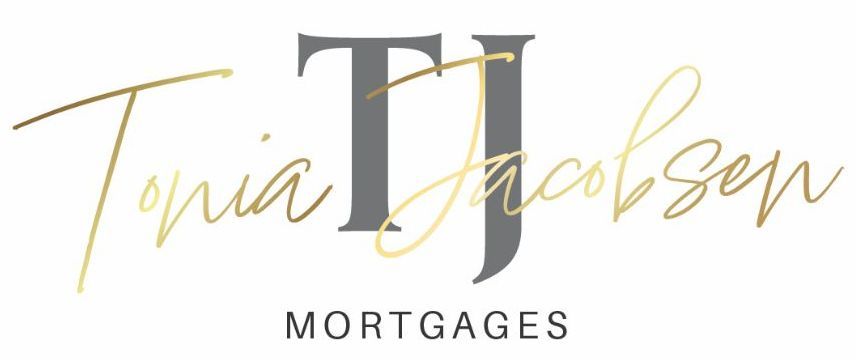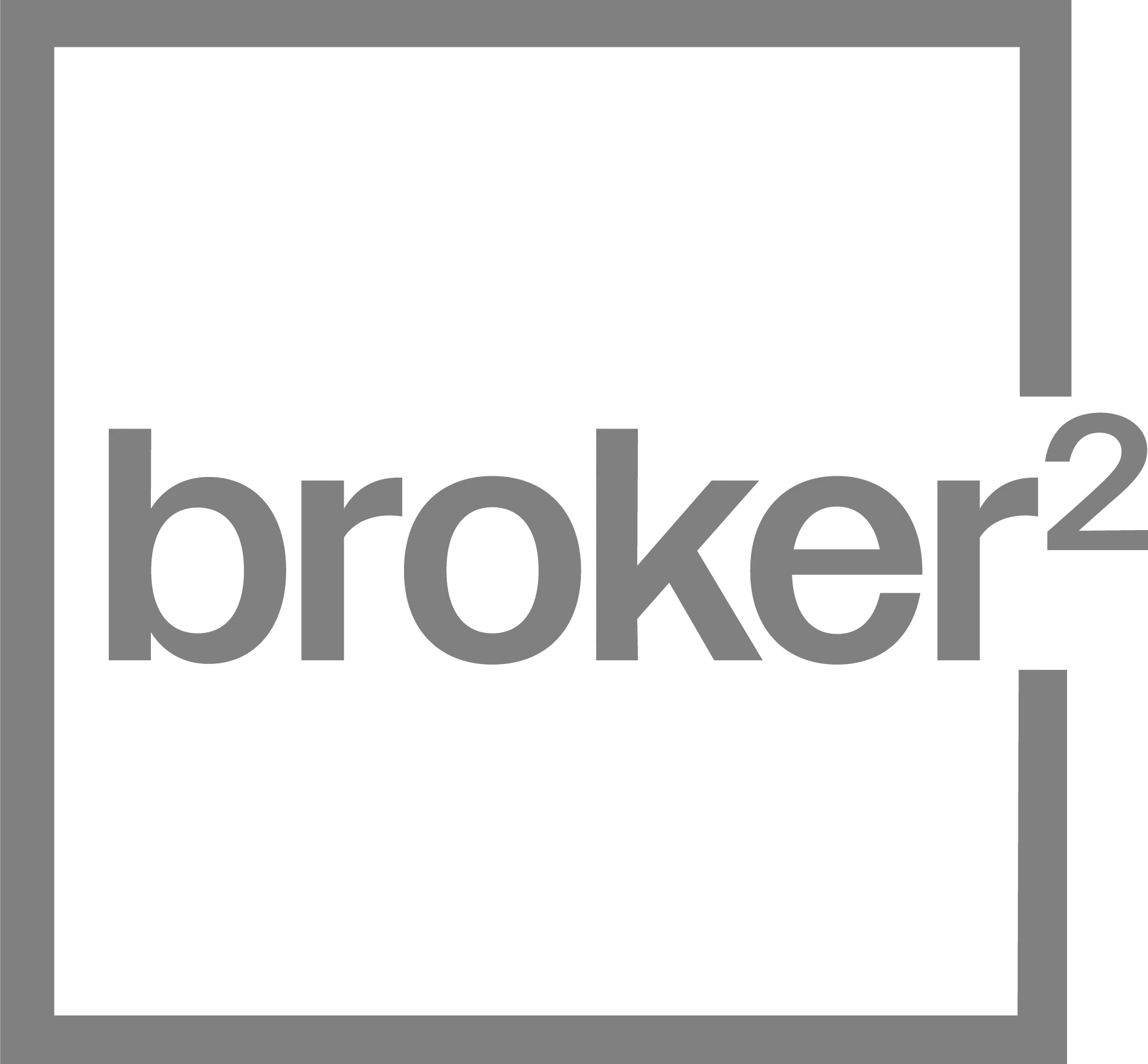Understanding your Employment Status
Chances are if you’re applying for a mortgage, you feel confident about the state of your current employment or your ability to find a similar position if you need to. However, your actual employment status probably means more to the lender than you might think. You see, to a lender, your employment status is a strong indicator of your employer’s commitment to your continued employment.
So, regardless of how you feel about your position, it’s what can be proven on paper that matters most. Let’s walk through some of the common ways lenders can look at employment status.
Permanent Employment
The gold star of employment. If your employer has made you a permanent employee, it means that your position is as secure as any position can be. When a lender sees permanent status (passed probation), it gives them the confidence that you’re valuable to the company and that they can rely on your income.
Probationary Period
Despite the quality of your job, if you’ve only been with the company for a short while, you’ll be required to prove that you’ve passed any probationary period. Although most probationary periods are typically 3-6 months, they can be longer. You might now even be aware that you’re under probation.
The lender will want to make sure that you’re not under a probationary period because your employment can be terminated without any cause while under probation. Once you’ve made it through your initial evaluation, the lender will be more confident in your employment status.
Now, it’s not the length of time with the employer that the lender is scrutinizing; instead, it’s the status of your probation. So if you’ve only been with a company for one month, but you’ve been working with them as a contractor for a few years, and they’re willing to waive the probationary period based on a previous relationship, that should give the lender all the confidence they need. We’ll have to get that documented.
Parental Leave
Suppose you’re currently on, planning to be on, or just about to be done a parental leave, regardless of the income you’re now collecting, as long as you have an employment letter that outlines your guaranteed return to work position (and date). In that case, you can use your return to work income to qualify on your mortgage application. It’s not the parental leave that the lender has issues with; it’s the ability you have to return to the position you left.
Term Contracts
Term contracts are hands down the most ambiguous and misunderstood employment status as it’s usually well-qualified and educated individuals who are working excellent jobs with no documented proof of future employment.
A term contract indicates that you have a start date and an end date, and you are paid a specific amount for that specified amount of time. Unfortunately, the lack of stability here is not a lot for a lender to go on when evaluating your long-term ability to repay your mortgage.
So to qualify income on a term contract, you want to establish the income you’ve received for at least two years. However, sometimes lenders like to see that your contract has been renewed at least once before considering it as income towards your mortgage application.
In summary
If you’ve recently changed jobs or are thinking about making a career change, and qualifying for a mortgage is on the horizon, or if you have any questions at all, please connect anytime. We can work through the details together and make sure you have a plan in place. It would be a pleasure to work with you!




